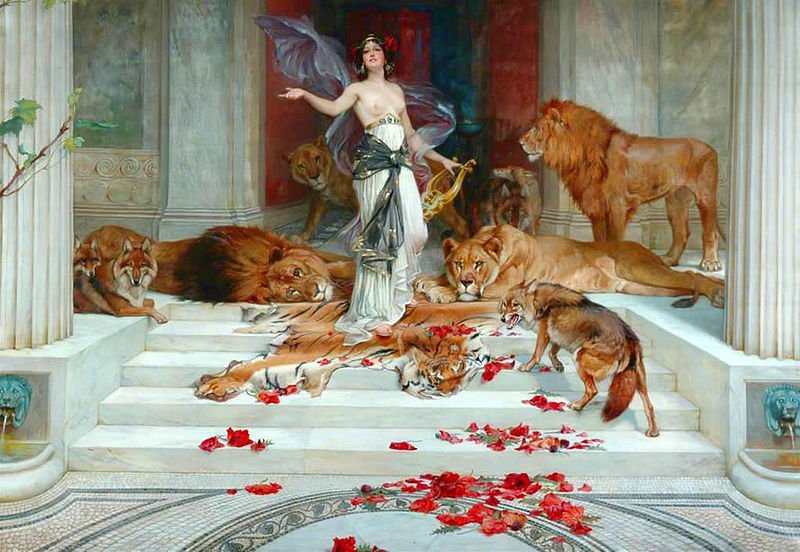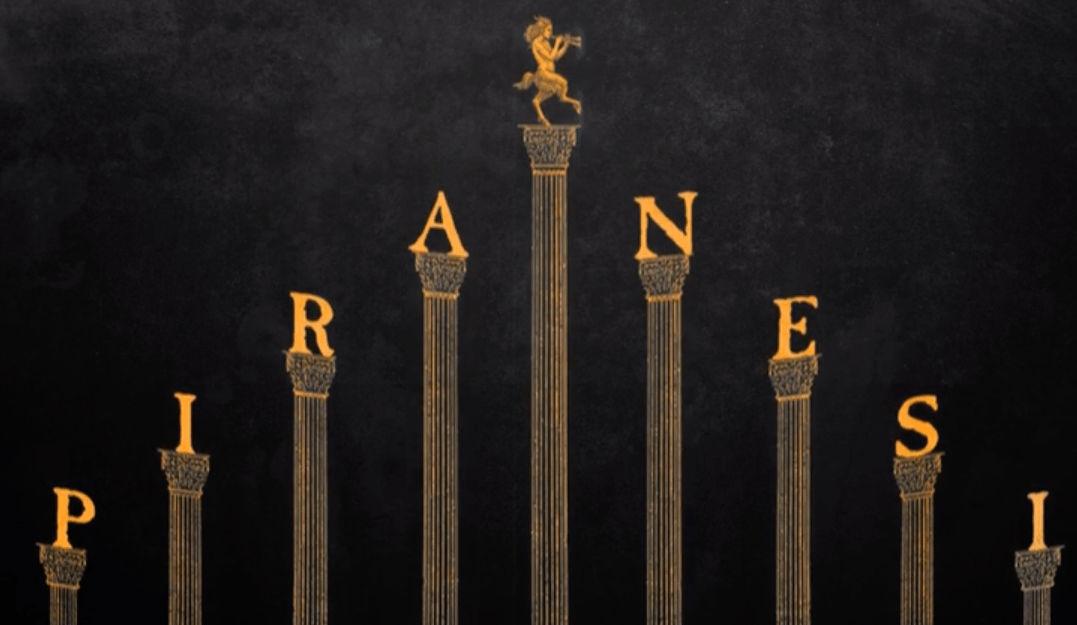Books That Should(n't) Be Movies
Sometimes you read a book and think, “how the hell is this not a movie yet?” Sometimes you read a book and think, “god I hope some idiot doesn’t ruin this by trying to make it a movie.” This is a list of thoughts like that, books that I would love to see made into movies (or mini-series) and books that I think should never even be attempted as film adaptations.
Should:
The Devil In The White City by Erik Larson
There is already supposed to be a film adaptation of this one, and it’s clear why: a psychological thriller set at the Chicago World’s Fair based on a true story, it sounds like a Hollywood wet dream. But for whatever reason it’s been trapped in production hell for like a decade, with no end in sight.
This is certainly a very expensive period piece of a project, but I think they could get away with a lot of CG here, without doing the story a disservice. Then again, I do have conflicted feelings about entertainment based on real world suffering… I feel like this story might be just far enough in the past to get away with it.
Shouldn’t:
The Catcher In The Rye by J.D. Salinger
I maybe don’t have much authority to comment here, because I haven’t read this since high school (though I do intend to do so again), but based on my memory and many online discussions of this book I understand that the real meaning behind the story is in the subtext, and most of that subtext comes through in the narration, not the action of the story. Any film adaptation would probably need to make reductive choices regarding tone, story structure, and overall theme, which would be pretty much guaranteed to undercut some aspect of the nuance or subtext in the novel.
Should:
The Wind-up Bird Chronicle by Haruki Murakami could make for an absolutely gorgeous Satoshi Kon style anime movie, or better yet a miniseries. The novel will always stand as a masterpiece unto itself, but if given a director who respects the source material, as well as an appropriate budget (a rare thing in anime, from what I understand), this story could be a mind-blowing film experience.
Shouldn’t:
The Bell Jar by Sylvia Plath
The poetic prose is so essential to the experience of this novel, any film adaptation would probably end up having narration over the entirety of the runtime, and if the whole story is going to be narrated anyway, what exactly is the point of adapting it to film?
Furthermore, the subject matter has such a downward trending negativity to it, I think as a film it would only appeal to people with depression, and would only make them more depressed.
Should:
Circe by Madeline Miller
This could make for a super beautiful and trippy live action adaptation, if given a monstrous budget. Too much noticeable CGI would totally kill the vibe, but if it could be shot on location and on real sets, with high-quality theatrical acting, this could be an ancient-world-vibes classic.
Shouldn’t:
One Hundred Years Of Solitude by Gabriel Garcia Marquez
Apparently a film adaptation of this novel is already in development. I kind of hope it never makes it to release (Marquez died a while ago, it wouldn’t benefit him anyway). This is a novel that makes such innovative and unique use of its medium, there’s no question that a lot would be lost in translation to film—in fact this is precisely what happened with the adaptation of a similarly structured novel, The House of Spirits, as I discussed in this post.
Should:
Blood Meridian by Cormac McCarthy
Although this one could never truly be done justice on film, I would still love to see an animated film of this story, ideally in a Ralph Bakshi semi-rotoscped style, with a Gothic Country/Dark Bluegrass soundtrack.
Shouldn’t:
Lolita by Vladimir Nabokov
I know this one already does exist as a film, I think that was a mistake. The intentions of the author are so easily misconstrued anyway, and it’s just kind of twisted to have the character of Lolita acted out by a real child—I think it’s wrong on a purely psychological level, to objectify a real girl as the target of a very harmful fantasy, but what’s worse is that it undoubtedly made the actress a target for real world pedophiles.
Aside from the ethics of making the movie, it’s important to note that, like most of the other classics on this list, the style of prose is essential to the impression that the story gives to the reader. The poetry of it is what demonstrates the hideous irony behind the narration, the contrast of his beautiful descriptions vs the cruelty of what he’s actually doing.
(I just found out that Stanley Kubrick directed this film adaptation, which is very interesting because I already have a theory that the man was a legit sociopath, now I’ve got about enough evidence to clinch it… more on that in a future post).
Should:
The Buried Giant by Kazuo Ishiguro
I deeply enjoyed every aspect of this book, and part of me thinks it could never be adapted without diminishing it in some way. However, this story put such clear imagery in my head, in an impressionistic sort of way, it really felt like a grown-up version of an animated ‘80s fantasy movie like The Last Unicorn or The Black Cauldron.
The tone of Disney-style animation would certainly clash with the adult themes in this novel, but if you ask me that clash would really add to the experience, because the novel has that type of vibe—it’s a humble, straightforward, small-scale fantasy story, but where every scene is brimming with deep, brutal, historically accurate subtext.
Shouldn’t:
Piranesi by Susanna Clarke
I am sure there are already directors drooling at the prospect of adapting this one. It’s such a unique concept, and makes such a visual impression on the reader, it’s natural to picture it cinematically. However, the feelings of confusion, ambiguity, and disorientation are not just important themes here, they are essential to the experience of the story. When you read it, you have to piece together this world with the narrator. To have it all laid out visually for us by a film would take away some of its power to conceal, which would weaken it I think.
Furthermore, the one central location of this novel is also its most important element, and I can’t imagine anyone being able to adapt it without ruining it for many fans of the book—similar to Dune, nailing down the specifics of the physical world will inevitably alienate those who visualized it differently, and part of what makes this novel work is its openness to subjective imagination.
Alright well that’s it for this post. I realize the selection of books here might seem totally random, that’s because I chose books that stuck out in my memory as being exceptionally ripe or unripe for adaptation. Perhaps I’ll add to this list in the future, and look for patterns of what makes a book adaptable or not.
But what do you think? Do you agree about which books should be adapted? Do you agree that some stories should be banished from the film world? Is it weird I can only picture so many novels as being adapted to animation, rather than live action? Let me know in the comments, thanks for reading!
Flib











